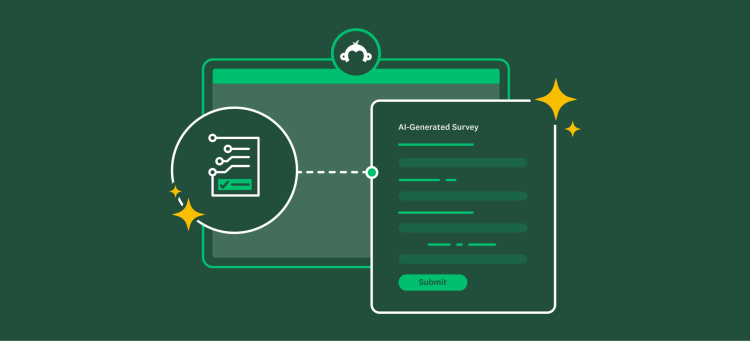This is a guest post by Rachel Grate, content strategist at Eventbrite.
In a time when online marketing is an obsessive focus for most brands, creating in-person experiences is a refreshing way to connect with customers. The emotional bonds you create with consumers through real-life interactions simply cannot be replicated online.
And people love events. Millennials, in particular, are more apt to spend money on interesting experiences than things. Create an event that stands out, and you create legions of loyal, enthusiastic customers and brand advocates.
But subject those same people to a subpar event, and your efforts backfire. Once someone associates your brand with a miserable time—or even a meh time—it’s hard to shake that reputation.
To set yourself up for event success, consider these five tips.
Tip #1: Shape your event around your goals and track your progress
There’s a reason you’re investing energy into creating events. Are you clear about that reason? Yes, events are fun, but more than likely you also want to increase reach, engage customers, drive leads, or boost revenue. Maybe even all of the above.
A firm focus on goals will help you make a tactical plan. Even the simplest event can generate an outrageous to-do list. To prioritize items on that list, Joshua Zerkel, Head of Global Community at Asana and Certified Professional Organizer, suggests creating a centralized project tracker.
Use the tracker to note every action item that needs to occur. Write down big-picture stuff like booking the venue and day-of details like printing registration sheets. Assign each action item to a person, and check in weekly to track progress against goals.
Tip #2: Market your event to the people most likely to sign up
An existing customer list is a good place to start promoting your event. But to reach beyond existing customers, you’ll need to conduct strategic outreach.
The old way of event marketing was to blast event information to everyone within listening distance with things like radio ads and paper flyers. The new way is to target your outreach on platforms like Facebook and Instagram, using a combination of organic reach and paid advertising.
For instance, you create a Facebook Event and post it to your existing fans. They share it with their own followers. And as word starts to spread, you boost the reach by advertising the event to targeted groups of people who:
- Meet your ideal customer profile (demographics, interests)
- Will be most likely to come to your event (location, past purchase behavior)
Targeted techniques like these make the best use of your marketing time and dollars.
Tip #3: Make the attendee experience seamless, from the moment they buy a ticket
The experience your customers have with your event—and by extension, your brand—begins the moment they decide to buy tickets. Streamline that moment for them to make that experience pleasurable.
For instance, the event ticketing platform you use must be mobile-friendly and extremely easy to use. If a potential attendee clicks on a paid or organic social ad, they should be able to sign up in just a few clicks.
For example: Create your event on Eventbrite, then automatically publish your event to Facebook with Eventbrite’s Facebook integration. Interested fans on click on “Get Tickets” from their phones, and never have to leave the Facebook app to complete the transaction. It’s easier for them, and drives more sales for you.
Tip #4: Don’t panic about the registration numbers… yet
You’ve put this event in motion, invested a lot in it already… and you’re not selling tickets. You’re getting nervous.
Don’t worry, you’re not alone. In fact, last-minute ticket purchase is a common phenomenon among humans. Eventbrite data shows that the majority of people (56%) prefer to make event-related decisions at the last minute.
But that doesn’t mean you have to passively hope for the best. Understand how people tend to make last-minute ticket-purchase decisions in order to capitalize on their spontaneity. The number one factor people consider when mulling what to do this weekend? Cost. So price your tickets accordingly.
And make sure potential attendees know your event is an option. List your event on every discovery platform you can think of — Eventbrite, Facebook Events, local listings, and more.
Tip #5: Use surveys to collect feedback from attendees
When your event is over, you might think you can take off the event-creator hat. But you still have one very important thing left to do: ask people for feedback. Post-event surveys are a critical step in improving your next event. Send surveys while your event is still fresh in people’s minds, and you’ll get the most authentic, accurate response.
For best practice on survey sending, read the joint 2019 guide by Eventbrite and SurveyMonkey, The Ultimate Guide to Event Surveys: Inside Tips from SurveyMonkey.




